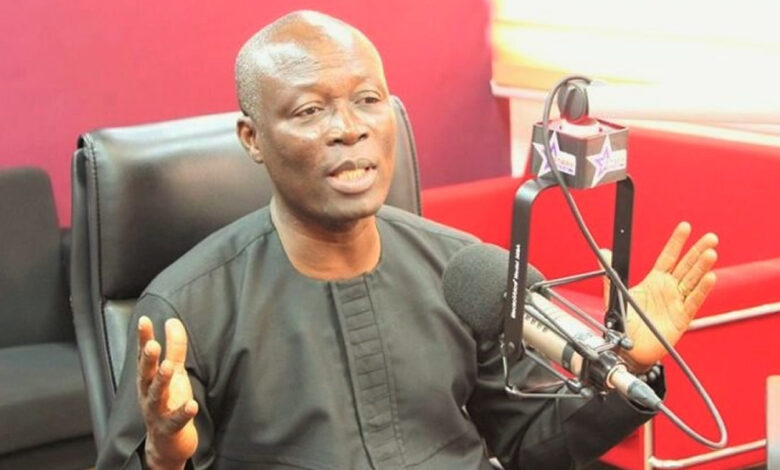Gov’t To Use Plastic Waste For Road Construction In Rural Areas

The Government of Ghana is set to introduce a new initiative that will utilize plastic waste in road construction, particularly in rural areas.
The Administrator of the District Road Improvement Programme (DRIP), Edwin Nii Lante Vanderpujie, disclosed the plan during an appearance on Metro TV’s Good Morning Ghana monitored by The Archives.
According to Vanderpujie, the initiative draws inspiration from India, where plastic waste is already being used effectively in road construction.
The idea was discussed during a recent visit by Indian Prime Minister Narendra Modi to Ghana, where he held talks with President John Dramani Mahama on replicating the technology locally.
“We are looking at how we can use the Indian technology so that all the plastic waste we have can be used—together with a mixture of other materials—to construct roads,” Vanderpujie said.
“The president is encouraging us through the Sustainability Ministry.”
He revealed that a committee has been formed, co-chaired by himself and the Minister of State in charge of Climate Change and Sustainability, to evaluate the feasibility and implementation of the technology.
Focus on Rural Roads
Vanderpujie clarified that the plastic road technology will not be applied to major roads in urban areas, but rather targeted at rural communities and district capitals lacking tarred roads.
“This is not for capital towns—it’s for rural areas,” he emphasized. “We have district capitals that don’t have tarred roads. Let me give an example: Garu in the Upper East Region. We will start from places like Garu so that all the regional capitals can eventually benefit.”
The plan comes at a time when rural communities have increasingly expressed frustration over the lack of road infrastructure.
Youth in the Builsa South District recently voiced concerns about underdevelopment in their area, particularly the absence of tarred roads.
“There is no tarred road in our district,” said Philip Akumasi Galisi, Chairman of the Builsa Youth Association.
“We have been voting and participating in governance all these years, but what we want, we are not getting. That’s why we are making a clarion call to government,” he told The Archives
Exploring Polymer-Laterite Mix
In addition to the Indian plastic waste technology, the government is also exploring another road-building method involving a mixture of polymer and laterite. Vanderpujie said this alternative could also be used to address poor road conditions and reduce dust pollution in affected areas.
Joining the conversation, energy expert and former presidential hopeful of the New Patriotic Party (NPP), Poku, revealed that the plastic waste technology had previously been introduced in Ghana but was not adopted by the Ministry of Roads and Highways at the time.
“It’s been in Ghana for years, but it was dismissed by the authorities,” he said. “People didn’t see how they were going to benefit personally, so it was ignored. That’s how things usually go here.”
Despite past setbacks, Poku endorsed the technology and urged the current administration to implement it.
“If the government rolls it out now, it will help,” he added.
A Step Toward Sustainability
The proposed use of plastic waste in road construction is seen as a dual solution—addressing both infrastructure deficits in rural Ghana and the country’s growing plastic pollution problem. The government hopes that by turning waste into a resource, it can promote sustainability while improving connectivity and development in underserved regions.
The committee tasked with evaluating the initiative is expected to present its findings and recommendations in the coming months.



